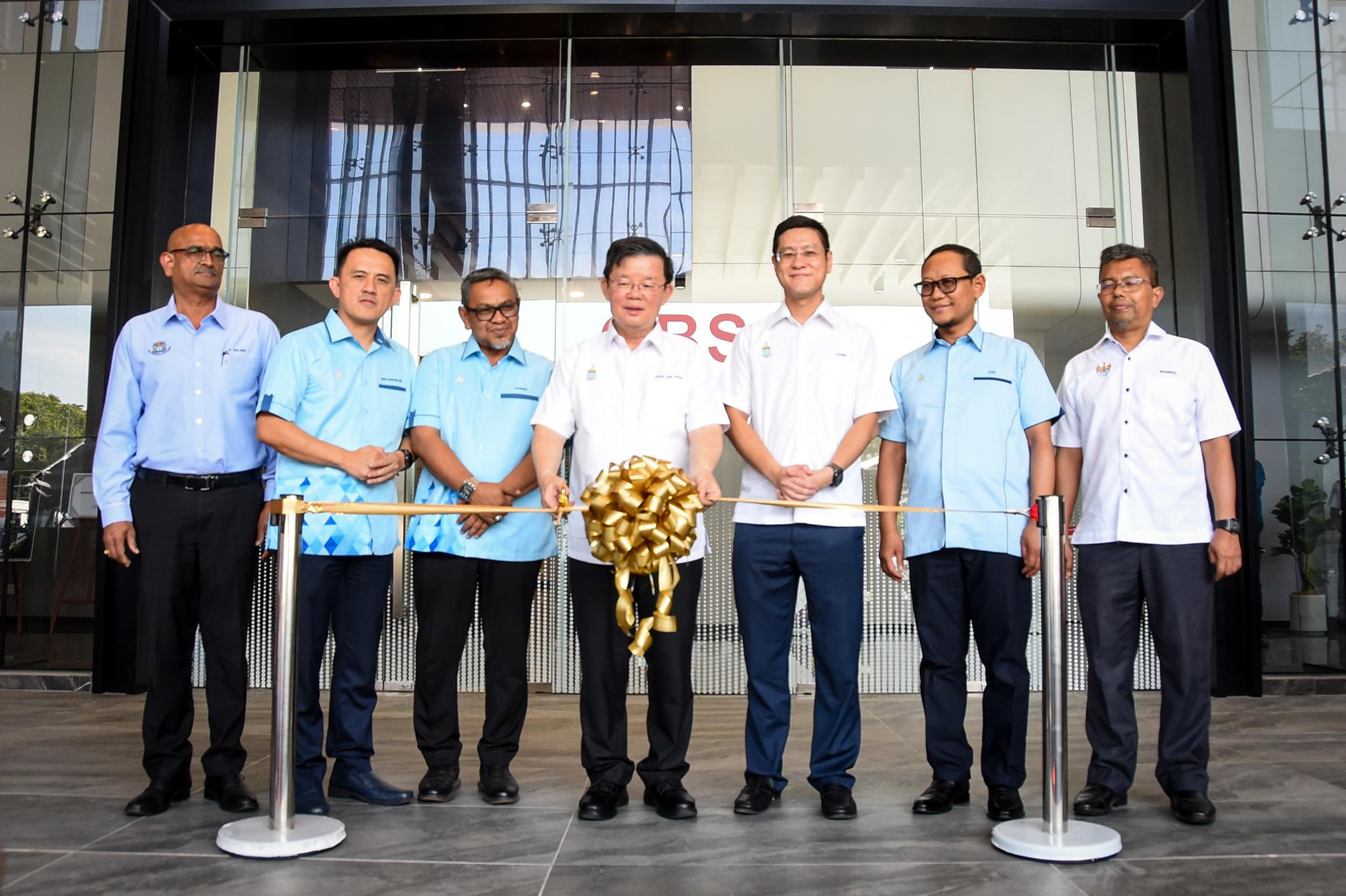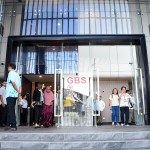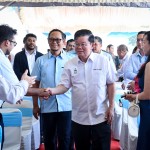Penang launches GBS By The Sea, boosting digital and high-value job growth
Penang has taken another major stride in its journey to become a regional hub for high-value investments and digital innovation with the launch of GBS By The Sea, a RM296 million purpose-built facility under the Penang Development Corporation’s (PDC) Global Business Services (GBS) initiative.
Located in the Technoplex zone of Bayan Lepas Industrial Park, the state-of-the-art building contributes 290,000 square feet of modern workspace to Penang’s innovation landscape. Notably, the facility is fully tenanted even before launch, underscoring the strong investor confidence in the state’s economic vision.
Officiated by Chief Minister Chow Kon Yeow, the launch marks the fourth GBS project delivered by PDC in recent years. Chow lauded PDC for its speed and ambition, recalling the launch of GBS TechSpace just last year.
“PDC has delivered fast, and delivered well,” said Chow. “This is more than just a building—it’s a sign of what Penang is becoming.”
GBS By The Sea is now home to three major global companies: AMD Global Services, Celestica Platform and Cloud Solutions Malaysia, and Microsoft Knowledge Capital Centre. These firms are expected to collectively create over 1,000 high-value jobs in areas such as research and development, IC design, digital services, and engineering—supporting Penang’s ongoing transition to a knowledge-driven economy.
More than just a workplace, GBS By The Sea was also designed with people in mind. The facility includes a gym, cafeteria, and a six-storey car park with 800 bays, reflecting a new standard for modern, employee-focused work environments.
Looking ahead, Chow revealed that a fifth GBS facility—GBS at Technoplex—is already in the pipeline. With an estimated investment of RM500 million and a proposed 400,000 square feet of space, it has already secured 16% pre-booking ahead of construction.
“This early demand shows the continued strength of Penang’s investment ecosystem,” said Chow.
Beyond infrastructure, Chow also welcomed the recent reduction in U.S. tariffs on Malaysian exports, from 25% to 19%, describing it as a boost to Penang’s global trade competitiveness. He stressed the importance of long-term planning to support this growth, particularly in infrastructure and utilities.
Key among these plans is the Perak–Penang Water Project, which aims to meet growing industrial water needs by 2030 or 2031. Chow confirmed that negotiations with Perak are set to begin soon.
“As Penang opens up more industrial zones, we must ensure the necessary infrastructure follows,” he said, expressing hope for continued support from the federal government and MITI to bolster the state’s semiconductor and digital economy ecosystem.





